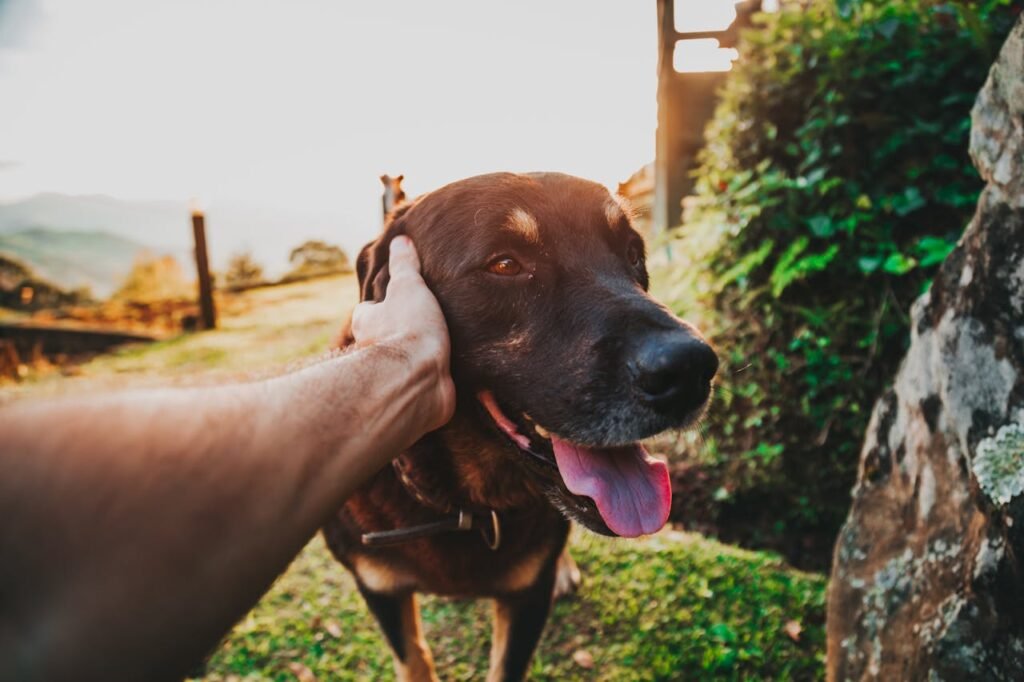While summer is a great season for outdoor activities, there are risks for pets as well. Exposure to dangerous chemicals, stinging insects, and toxic plants is more likely in warmer climates. Being watchful is essential for pet owners to avoid unintentional poisoning or bug bites, which can cause serious health problems. Pet safety and wellbeing are our top priorities at Sedro-Woolley Veterinary Clinic, which is situated on Carter Street in Sedro-Woolley, Washington. You can make sure that your pets have a safe and enjoyable summer by being aware of the dangers and taking preventative action. These ten crucial suggestions can help you keep your pets safe.
1. Recognize the Local Toxic Plants
Numerous common summertime plants, such as sago palms, azaleas, and lilies, are poisonous to pets. Find out which plants are bad for you and get rid of them from your yard. Watch out for hazardous plants that could endanger your pet while you hike or visit parks.
2. Keep Garden Chemicals Out of Pets’ Reach
Pets may be harmed by harmful compounds found in fertilizers, insecticides, and herbicides if they consume them or come into contact with them. In your garden, choose pet-friendly substitutes and keep chemicals in a safe place. Before allowing pets to walk around in treated areas, always wait for the treatments to dry.
3. Keep an eye on the time spent outside
Pets enjoy exploring, but if they are left alone, they may come into contact with harmful insects and plants. To keep them safe, watch them when they play outside and think about putting them on a leash or in an enclosed area.
4. Watch Out for Insect Stings
Some pets may experience allergic reactions as a result of the painful stings that bees, wasps, and fire ants can provide. Because they attract insects, keep pets away from flower beds and don’t leave sweet-smelling food or beverages outside. If your pet experiences swelling or breathing difficulties after being stung, get them checked out by a veterinarian.
5. Apply Insect Repellents Safe for Pets
DEET, which is poisonous to pets, is an ingredient in many human insect repellents. Instead, protect them from insect attacks by using flea and tick preventatives that have been approved by a veterinarian. Certain essential oils can be dangerous, so don’t use them without first seeing a veterinarian.
6. Examine for Ticks Following Outdoor Experiences
Ticks cling to pets and flourish in woodland and tall grassy environments. After walks, look for ticks on your pet’s paws, ears, and fur. Use tweezers to remove any that are discovered, and see a veterinarian if you observe any symptoms of Lyme disease or other diseases spread by ticks.
7. Steer clear of standing water
Pets may be poisoned by dangerous germs, parasites, or algae found in ponds, puddles, and other stagnant water sources. Always bring fresh water with you when you go outside, and keep your pets from drinking or swimming in dirty water.
8. Make Your Garden Pet-Friendly
Plant flora that is safe for pets, like pet grass, marigolds, or sunflowers. Steer clear of cocoa mulch, which is poisonous to dogs and contains theobromine. A thoughtfully designed pet-friendly yard reduces exposure to harmful plants while maintaining a stimulating outdoor environment.
9. Identify Poisoning Symptoms
Your pet may exhibit symptoms like vomiting, drooling, lethargy, or trouble breathing if they have come into contact with a hazardous plant or insect. For expert advice, call Sedro-Woolley Veterinary Clinic at (360) 856-6890 right away if you think you may have poisoning.
10. Arrange for Frequent Veterinary Exams
Regular veterinary checkups guarantee that your pet’s health is tracked and that preventive care is current. Seasonal protection against fleas, ticks, and adverse environmental conditions can be recommended by your veterinarian. An early examination might assist in identifying any possible problems before they worsen.
It takes vigilance and preventative actions to keep pets safe in the summer. You can provide a safe environment for your pets by learning about harmful plants, insects, and possible dangers. Easy steps like using pet-safe products, keeping an eye on outside time, and identifying poisoning symptoms can have a big impact. Our goal at Sedro-Woolley Veterinary Clinic is to give your pets the best care possible. Please contact us at (360) 856-6890 if you need assistance or if you have any questions. Let’s make sure our cherished dogs have a fun and safe summer!

